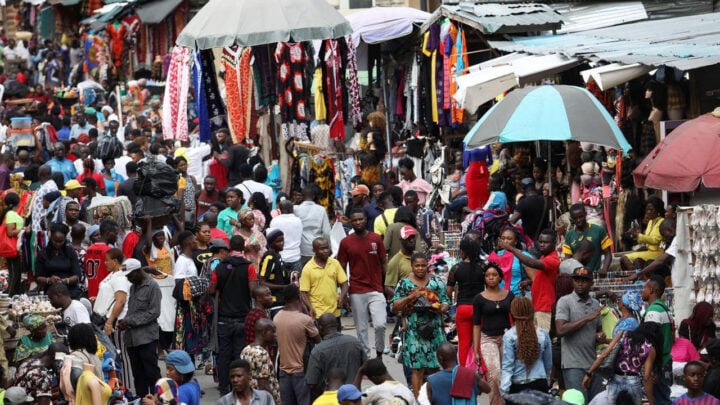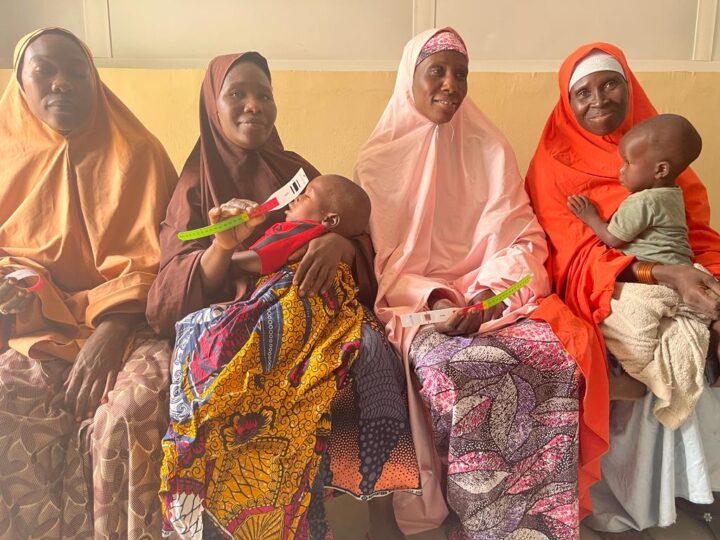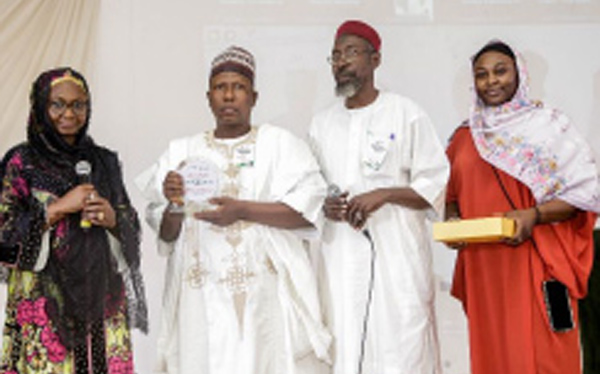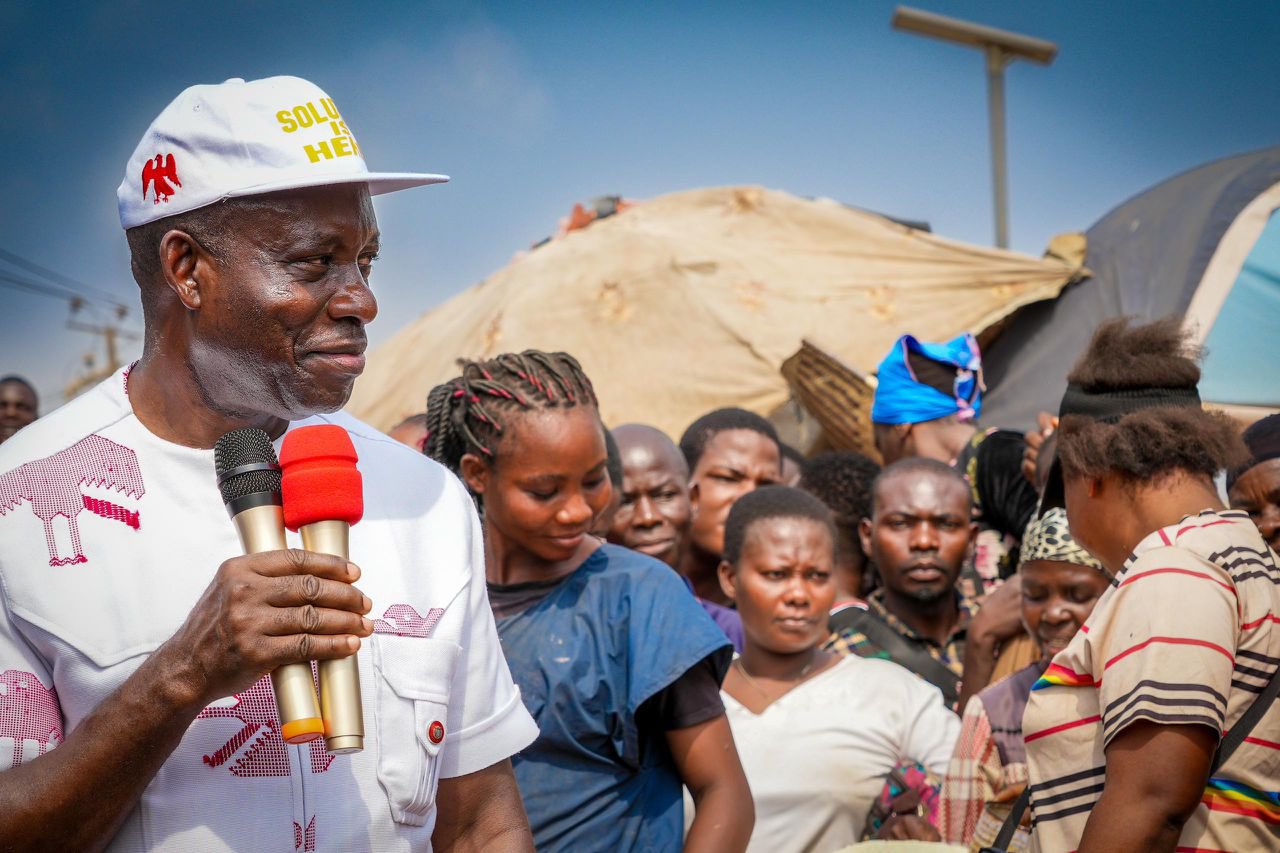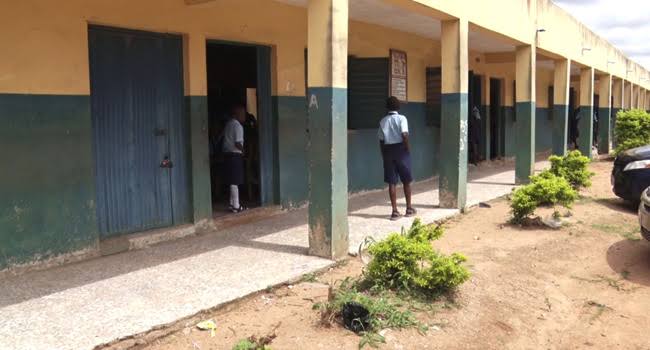“Farin Ruwa, Nasarawa State. The only definition of what I’ve seen here is grinding poverty. My host earns an average of ₦2,000.00 daily and struggles to make ends meet. He is the same age as I am and already has eight children. Two of his boys hardly listen to him anymore. He’s thinking of shipping them out to his parents in Kano. I can only wish them a happy Sallah and return to Abuja to more pristine surroundings later in the day. However, this visit, just over an hour from where I’m living in ‘opulence’, is the real Nigeria…”
I wrote the above words on September 12, 2016, during one of my research field trips, when I was directly involved in the day-to-day data gathering for SBM Intelligence. One of my occasional regrets about joining this organisation is that it exposed me to much of what Nigeria truly is. Ignorance is truly bliss.
When the story of Deborah Olaki (@MumZee on X, formerly Twitter) broke on January 4, I thought about how Nigeria has become a place where citizens live in deprivation. Mrs Olaki had tweeted innocently about how jealousy made her – a young wife – get up around 4.00 a.m. to prepare lunch for her husband to take to work. Initially criticised, she soon enjoyed an outpouring of generosity towards her for being a caring wife and because it became clear that she lacked modern home appliances that would have made things easier for her. Individual and corporate Nigerians have now spoilt her with all gifts, from cash to home appliances and a house. It was pretty heartwarming to see the life of a Nigerian family so dramatically turned around at a time when many lives are being turned upside down.
When Mrs Olaki made her first tweet on the subject, many people were angry with her husband and implied that her marriage had put her in a form of tortuous bondage. Folks who vilified her failed to realise that the family’s economic circumstance necessitated her getting up as early as she did. If the family had had a freezer, microwave oven, food processor, etc., and electricity, she probably would not have needed to get up as early as she did to prepare the meals.
Advertisement
Mrs Olaki’s story (before it turned around) reflects what many Nigerians experience. A 2019 report from the National Bureau of Statistics (NBS) said the median income in the country was ₦137,400 per year, which is $86 based on the naira exchange rate on 6 March 2024. 63% of Nigeria’s population, equivalent to 133 million people, are multidimensionally poor. A dimension of poverty sees more than 50% of Nigerians unable to afford standard cooking fuels like gas, kerosene and electricity. They use environmentally damaging substitutes like dung, wood and charcoal. The number of people using household appliances in Nigeria is estimated to reach 5.8 million by 2028, rising from only 2.5% in 2024 to 3.2% in the next five years.
The problem of deprivation in Nigeria has become too acute. The high unemployment and inflation rates have ensured that we are now a society of those who have and don’t. Families like the Olakis, where husband and wife are graduates, should be able to tap into a functioning credit system where they get to lease home appliances and pay in instalments spanning a few years. Such a consumer credit market emerged with the Nigerian banking system in the mid-2000s. However, consumer lending has seen little progress since the 2008 financial crisis, when many banks recorded significant credit impairment.
Nigeria’s economy cannot deliver on its potential if the consumption capacity of over 200 million people is constrained by poverty and lack of access to consumer credit. Access to credit not only aids the purchase of home appliances but also enables individuals to make bulk food purchases with little funds, taking advantage of discounts and seasonal price variations.
Advertisement
Without credit access, people may find it difficult to get food, especially those earning meagre daily wages. It gets worse in an economy plagued by unstable prices and inflation. This may lead to frustration, compelling people to resort to extreme measures. Recent episodes of warehouse looting bear witness to this heightened frustration among the people. With 26.5 million projected to be food insecure in 2024, the situation could worsen if the government does not take urgent measures.
Credit systems are tools for economic and social inclusion. While the Central Bank of Nigeria’s (CBN) focus on credit for producers is crucial, complementing it with consumer credit is necessary to prevent inventory wastage and foster a robust value chain across industries. This approach can transform Nigerians’ quality of life, create millions of middle-class jobs, drive economic growth, and foster environmental sustainability.
While the Olakis’ situation has changed, millions of Nigerians who remain in the situation they left require policy intervention and a well-functioning consumer credit market to access economic opportunities and a modern way of living.
Nwanze is a partner at SBM Intelligence.
Advertisement
Views expressed by contributors are strictly personal and not of TheCable.
Add a comment

